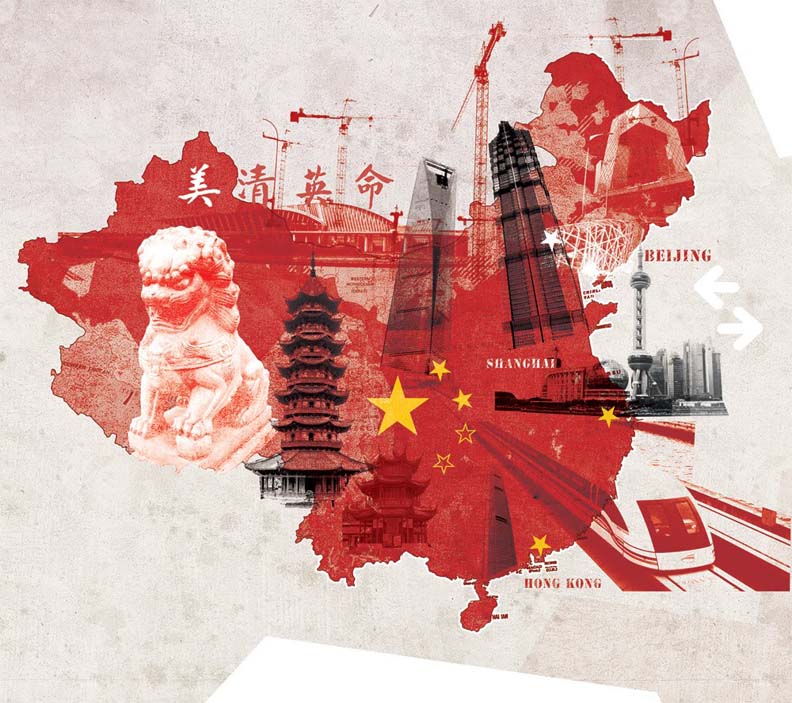- Power Distributors Owe Market Operator N165bn
The total debt electricity distribution companies owe operator of the Nigerian electricity market, otherwise known as market operator, has risen to N165.21bn.
Latest data obtained from the MO, an arm of the Transmission Company of Nigeria, showed that the debt or shortfall, in terms of stipulated remittances to the market, grew by N6.41bn between October and November last year.
A report put together by the market operator, which was presented to stakeholders at the recent power sector meeting and obtained by our correspondent in Abuja on Friday, indicated that the power distributors’ debt rose from N158.8bn in October 2017 to N165.21bn in November.
It was gathered that the shortfall had been piling up since January 2015 when the commencement of the transitional electricity market was declared by the Federal Government.
Findings showed that the power firms’ indebtedness to the market had been on the increase on a monthly basis.
For instance, in April and June last year, the Discos’ total financial shortfall in terms of remittances to the market was put at N111.4bn and N120.7bn, respectively.
This moved up to N158.8bn and N165.21bn in October and November 2017, respectively, according to the January 2018 report from the MO.
A further analysis of the January 2018 report showed that four Discos remitted below 20 per cent to the market in November last year, while the highest remittance of 80 per cent by a privatised power firm was done by the Eko Distribution Company.
The report stated that Jos, Kaduna, Kano and Port Harcourt Discos remitted 14, zero, 16 and 14 per cent, respectively to the market in November last year.
It also said the average performance of the 11 distribution companies in terms of their remittances during the month under review was 37 per cent.
Power distributors said the reason for their poor remittance to the market was due to electricity consumers’ failure to pay their bills.
The Executive Director, Association of National Electricity Distributors, Sunday Oduntan, had told our correspondent that many power users often refused to pay their electricity bills, while some others bypassed their meters to steal electricity.
This, he said, had made it difficult for the Discos to recoup their invested funds, adding that this was why some of the distributors found it difficult to fully remit to the market.
The Managing Director, Niger Delta Power Holding Company, Chiedu Ugbo, recently stated that power generation companies were not being paid adequately for the electricity they generated and supplied to the market.
According to him, the inability of the Discos to make appropriate remittances to the market made the Federal Government to intervene in the sector through the provision of N701bn to support Gencos in paying for gas.
Ugbo also stated that the generation companies run by the NDPHC could only get about 30 per cent as payment for the power they supplied to the grid on a monthly basis.
He said, “There is a lot of shortfall and what we were receiving in the past after we generated power to the grid was about 30 per cent. In fact, the maximum we have ever received from the market is about 30 per cent of our invoice. That challenge is there.
“But the government, being responsive, came up with the N701bn intervention to ensure that at least we are able to pay for gas. This is because with 30 per cent, we were not paying and couldn’t have been able to pay gas suppliers, for in your invoice as a generation company, gas alone will take about 50 to 55 per cent.”

 Forex1 week ago
Forex1 week ago
 Naira4 weeks ago
Naira4 weeks ago


 Naira1 week ago
Naira1 week ago
 Company News4 weeks ago
Company News4 weeks ago


 Naira1 week ago
Naira1 week ago




 Naira3 weeks ago
Naira3 weeks ago
 Billionaire Watch6 days ago
Billionaire Watch6 days ago
 Banking Sector3 weeks ago
Banking Sector3 weeks ago






















